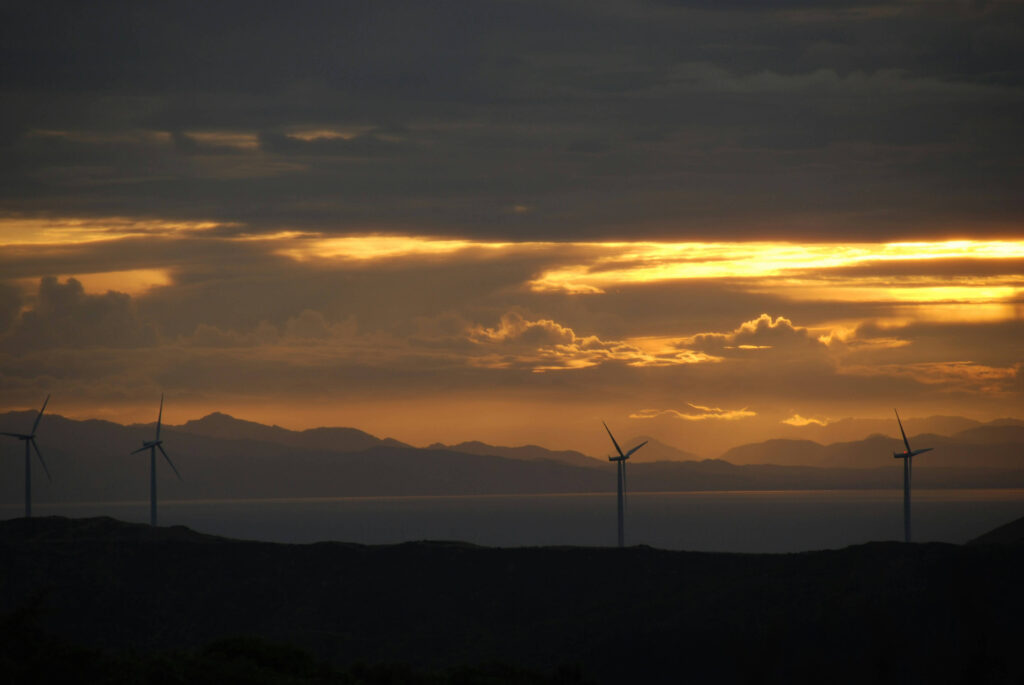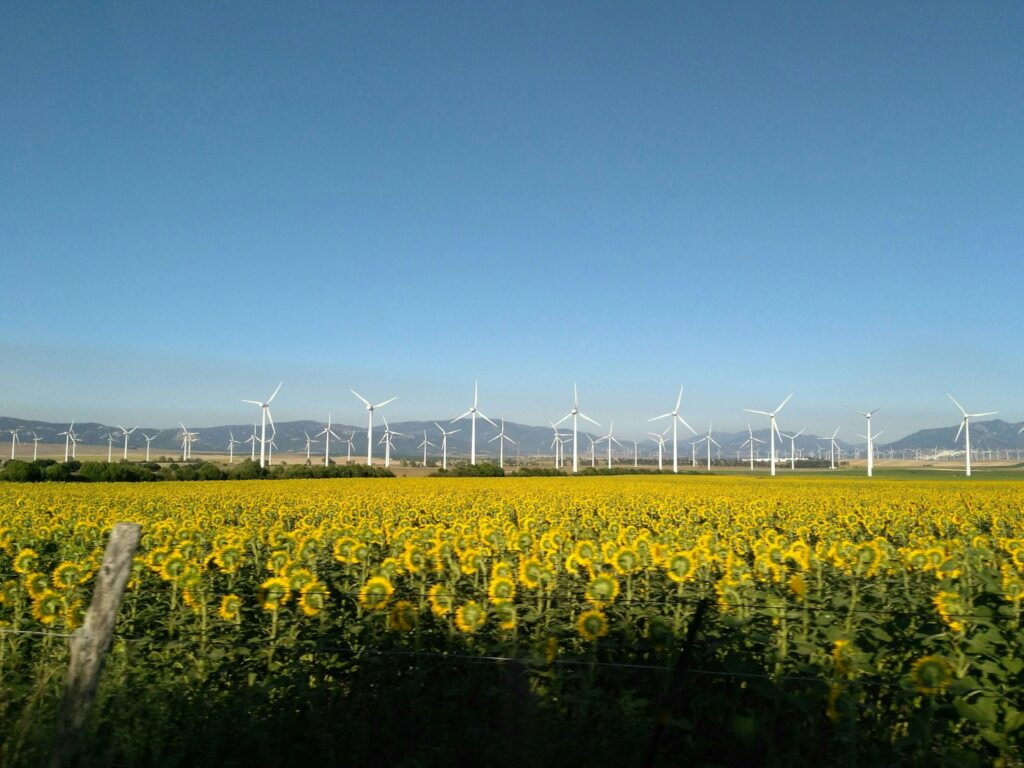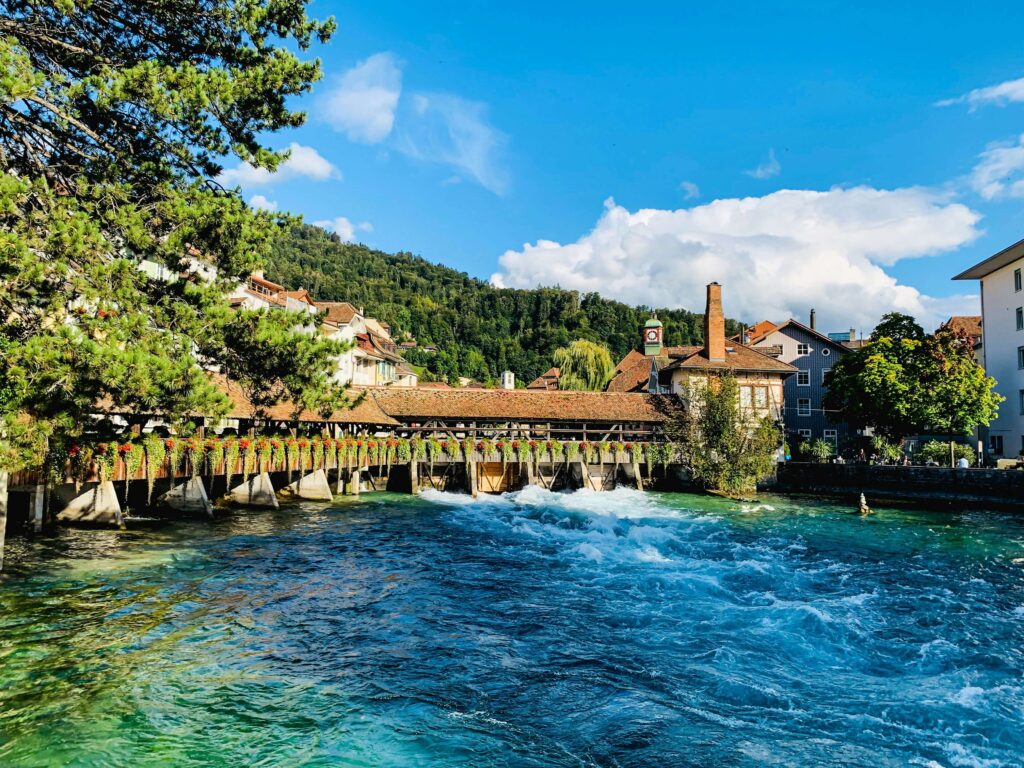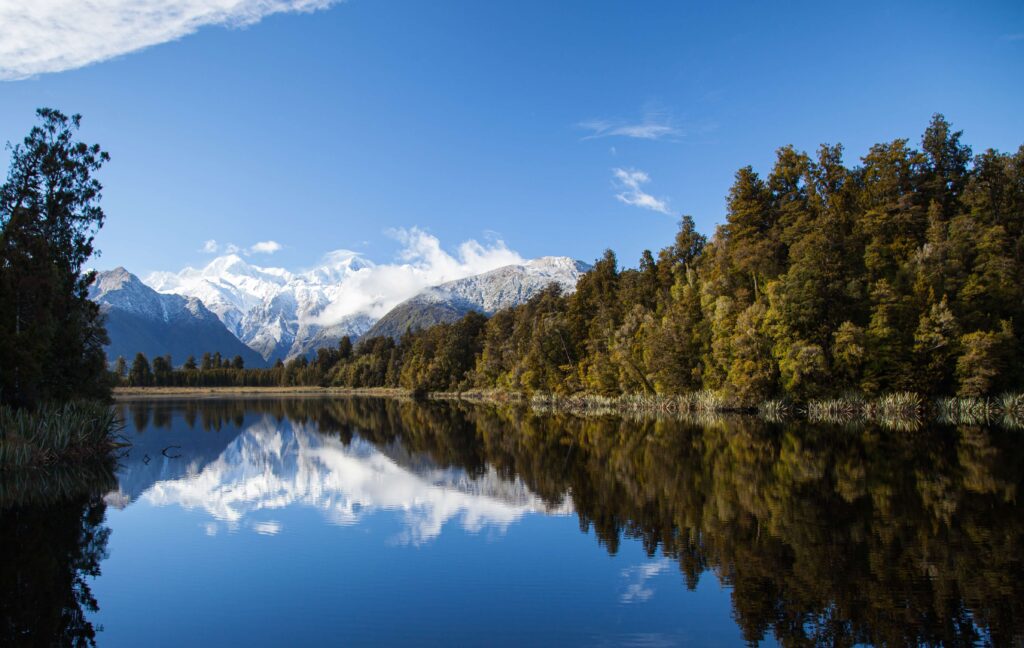Posts Tagged ‘Economics’
Video coming soon: Balancing the energy trilemma
EECA Chief Executive Dr Marcos Pelenur will spoke to us on Wednesday 15th October, explaining how energy efficiency and renewables are key to balancing the energy efficiency ‘trilemma’. Dr Pelenur will shared his views on this and the current focus and priorities for the Energy Efficiency and Conservation Authority.
Read MoreOctober 2025
CONTENTS – Extracts from IEA Global Energy Review 2025 – Biochar from human waste could solve global fertiliser shortages – Sustainable Jet Fuel Update – Trump team’s contentious climate report ‘makes a mockery of science’ – US intends to cancel $13 billion in funds for green energy – BP Oil Demand Forecast, Peak Oil pushed back to 2030 – China sets renewables goal – Extracts from Energy Source & Distribution Magazine
Read MoreSubmission in response to proposed changes in NZ ETS Regulations 2025
This submission relates to the Ministry for the Environment (MfE) consultation document, Proposed changes to the New Zealand Emissions Trading Scheme (ETS) regulations 2025. In this document the MfE raises a number of specific issues. But we consider that there are also much more important steps that need to be taken so that we can start reducing our emissions at a significantly more rapid rate with the aim of meeting emissions reduction targets set by the IPCC and others.
Read MoreAugust 2025
CONTENTS – Eight reasons to be hopeful amid global challenges – IRENA Report excerpts – The renewable energy revolution – Grid forming batteries and syncons to bolster NSW grid – ‘Plastic crisis’ hitting health from infancy to old age – Economic assumptions no longer relevant.
Read MoreJune 2025
CONTENTS – Don’t blame renewables – Climate projects can bring big economic benefits – Tide is turning in Europe and beyond in favour of nuclear power – AI can help us protect the planet – Electric scooters and a salt battery push in China – WA gets first-ever home battery rebate and loan scheme – Shipping industry still at sea as it tries to navigate to net zero – Albanese announces $1.2B plan to purchase critical minerals – Items from Energy Source & Distribution Magazine
Read MoreWatch video: Tipping Points and Planetary Solvency
In this webinar, Professor Tim Lenton from the University of Exeter summarises recent evidence regarding climate tipping points. Associated is the concept of Planetary Solvency, which defines catastrophic impacts as economic contraction with a GDP loss of over 25%, mass human mortality events resulting in over 2 billion deaths, warming of 2 degrees or greater, triggering high numbers of tipping points. Brought to you by ESR, Wise Response, Our Climate Declaration, Degrowth Aotearoa and the Nelson Tasman Climate Forum.
Read MoreApril 2025
CONTENTS: From sewage and scum to swimming in ‘blue gold’: how Switzerland transformed its rivers – UK scientist wins prize for invention that could help avert ‘phosphogeddon’ – Nearly 100% of lithium recycled in latest research – UQ researchers set new solar cell world record – Plants are losing their appetite – WMO report documents spiralling weather and climate impacts – Trump Administration plans to gut NOAA – Climate crisis on track to destroy capitalism as we know it, warns top insurer
Read MoreVideo coming soon: A current perspective on local government
Crystal Beavis spoke about her experience as a first-term Councillor for Waikato District Council. Local Government plays a key role in infrastructure, engineering and related matters such as: roads, drinking water, wastewater, stormwater, building consenting, district planning and noise control. Funding pressures have been exacerbated by decreases in funding from central government, unfunded mandates, and legislated water reform.
Read MoreNovember 2024
CONTENTS – Earth’s ‘vital signs’ show humanity’s future in balance, say climate
experts – Five main takeaways from the Global Commission on the Economics of
Water Report, October 2024 – Extracts from IEA World Energy Outlook 2024 Executive Summary – Extracts from Energy Source & Distribution Magazine, Sep/Oct 2024 – Reducing climate emissions from farm livestock – Energy-saving coffee concrete makes major project debut – Deakin launches hydrogen R&D hub in Warrnambool – Amid Australia’s chaotic climate politics, the rooftop solar boom is an unlikely triumph – First Dog on the Moon, 11 October 2024.
Watch video: Presentation of ESR’s submission on the Second Emissions Reduction Plan
Watch a video summary of ESR’s submission to the consultation document “New Zealand’s second emissions reduction plan”, presented by two of its authors, Professor Emeritus Thomas Neitzert and Dr Peter Whitmore. The presentation is followed by a Q&A session and a discussion
of next steps.










